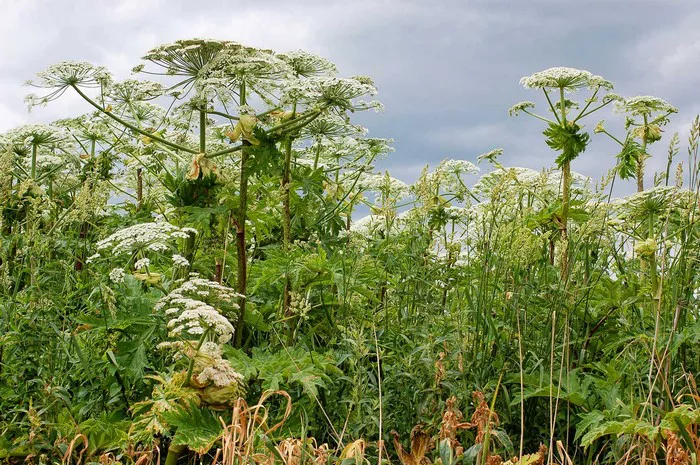Sparrows are small, lively birds commonly found in gardens, parks, and urban areas. While they are often seen foraging for food on the ground, many people wonder what plants sparrows eat. In this article, we’ll explore the types of plants that sparrows consume, their feeding habits, and how you can attract these birds to your garden by providing the right plants.
Sparrows’ Diet: An Overview
Omnivorous Nature
Sparrows are omnivores, meaning they eat both plant-based and animal-based foods. Their diet includes seeds, grains, insects, and small fruits. Plants play a significant role in their diet, especially during certain times of the year.
Seasonal Changes
The diet of sparrows changes with the seasons. In spring and summer, they eat more insects to provide protein for their growing chicks. In fall and winter, they rely more on seeds and grains from plants.
Types of Plants Sparrows Eat
Seeds and Grains
Seeds and grains are a staple in the sparrow’s diet. They are easy to find and provide the energy sparrows need to stay active. Some common plants that produce seeds and grains sparrows eat include:
Sunflowers: Sunflower seeds are a favorite among sparrows. They are rich in fats and proteins, making them an excellent energy source.
Millet: Millet seeds are small and easy for sparrows to eat. They are often found in birdseed mixes.
Grasses: Many grasses produce seeds that sparrows enjoy. Examples include foxtail, crabgrass, and Bermuda grass.
Weeds: Dandelions, chickweed, and thistles are common weeds that produce seeds sparrows eat.
Fruits and Berries
Sparrows also eat small fruits and berries, especially in late summer and fall when these foods are abundant. Some plants that produce fruits and berries sparrows eat include:
- Elderberries: These small, dark berries are a favorite among sparrows.
- Blackberries: Sparrows enjoy the sweet, juicy berries of blackberry plants.
- Dogwood: Dogwood trees produce small berries that sparrows find appealing.
- Hawthorn: Hawthorn trees produce red berries that sparrows eat, especially in winter.
Flowers and Buds
While not a primary food source, sparrows occasionally eat flowers and buds. They may nibble on the tender parts of plants, especially during the spring when other food sources are scarce. Some plants with flowers and buds sparrows eat include:
- Dandelions: Sparrows eat the flowers and seeds of dandelions.
- Clover: Clover flowers are another food source for sparrows.
- Forsythia: The buds of forsythia plants are sometimes eaten by sparrows.
How Sparrows Forage for Plants
Ground Foraging
Sparrows are ground feeders, meaning they spend much of their time searching for food on the ground. They scratch at the soil with their feet to uncover seeds and insects. This behavior makes them particularly fond of plants that drop their seeds or fruits to the ground.
Plant Climbing
While sparrows are not expert climbers, they can perch on low branches or stems to reach seeds, fruits, or buds. They are more likely to do this when food is scarce on the ground.
Feeding in Flocks
Sparrows often feed in flocks, especially during the winter. This behavior helps them find food more efficiently and provides safety in numbers. When one sparrow finds a good food source, others in the flock will quickly join in.
How to Attract Sparrows with Plants
Plant Seed-Producing Plants
If you want to attract sparrows to your garden, consider planting seed-producing plants. Sunflowers, millet, and grasses are excellent choices. These plants not only provide food but also add beauty to your garden.
Leave Some Weeds
While many gardeners try to eliminate weeds, leaving a few can benefit sparrows. Dandelions, chickweed, and thistles are weeds that produce seeds sparrows love. Just make sure to control their spread so they don’t take over your garden.
Add Berry-Producing Shrubs
Berry-producing shrubs like elderberries, blackberries, and dogwood can attract sparrows to your garden. These plants provide food and shelter, making your garden a haven for sparrows.
Provide Water
Sparrows need water for drinking and bathing. Adding a birdbath or small pond to your garden can make it more attractive to sparrows. Make sure to keep the water clean and fresh.
Common Questions About Sparrows and Plants
Do Sparrows Damage Plants?
Sparrows generally do not cause significant damage to plants. They may nibble on flowers or buds occasionally, but this is usually minimal. In fact, sparrows can benefit your garden by eating insects that might harm your plants.
Can Sparrows Eat Bread?
While sparrows can eat bread, it is not a healthy food for them. Bread lacks the nutrients sparrows need and can fill them up without providing energy. Instead, offer seeds, grains, or fruits.
How Can I Protect My Plants from Sparrows?
If you’re concerned about sparrows eating your plants, there are a few steps you can take:
- Use netting to protect fruit-bearing plants.
- Plant sparrow-friendly plants away from your main garden.
- Provide alternative food sources, like bird feeders, to distract them.
Benefits of Sparrows in Your Garden
Pest Control
Sparrows eat insects, including aphids, caterpillars, and beetles. This makes them natural pest controllers, helping to keep your garden healthy.
Pollination
While sparrows are not primary pollinators, they can help spread pollen as they move from plant to plant. This can benefit your garden’s overall health.
Biodiversity
Attracting sparrows to your garden increases biodiversity. A diverse ecosystem is more resilient and can better withstand pests and diseases.
Conclusion
Sparrows are delightful birds that can bring life and energy to your garden. By understanding what plants they eat and how they forage, you can create a garden that attracts and supports these birds. Planting seed-producing plants, leaving some weeds, and adding berry-producing shrubs are simple ways to make your garden sparrow-friendly.
Remember, sparrows are not just visitors—they play an important role in your garden’s ecosystem. By providing them with food and shelter, you can enjoy their presence while contributing to a healthy, vibrant environment. With a little effort, your garden can become a haven for sparrows and other wildlife.

